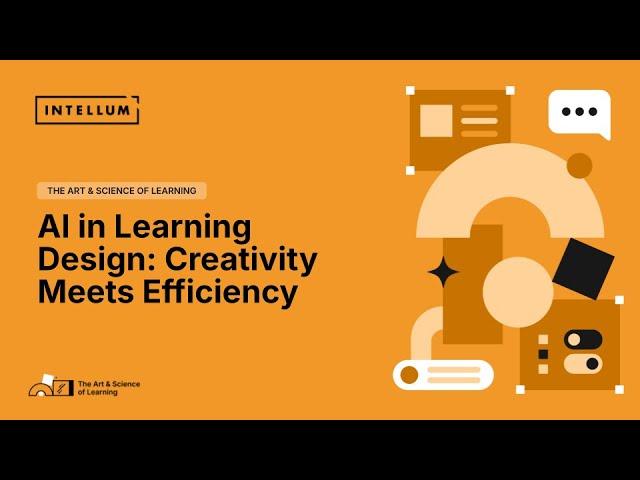Unlock Success with an Instructional Design Consultant: Expert Strategies for Effective Learning
Are you passionate about education technology and looking to make a significant impact in universities,colleges,or schools? The role of an Instructional Design Consultant is gaining prominence as educational institutions strive to achieve effective learning outcomes with innovative strategies. Whether you are a seasoned educator or exploring job opportunities in educational technology, understanding the significance and strategies of instructional design consulting can empower your career journey and maximize student achievement.
What is an Instructional Design Consultant?
An Instructional Design Consultant collaborates with educational organizations to craft, implement, and optimize learning experiences using technology and pedagogical best practices. This dynamic role blends expertise in curriculum growth, digital tool integration, and data-driven decision-making to create impactful learning environments in universities, colleges, and schools.
- Design learning modules aligned with curriculum goals
- analyze learner needs and recommend effective solutions
- Integrate educational technology tools for interactive instruction
- Train faculty and staff on new technologies and methodologies
- Evaluate and revise instructional materials based on feedback and analytics
Key Responsibilities in Education Technology Settings
Instructional design across higher education and K-12 environments requires a diverse set of competencies. As an Instructional Design Consultant, your day-to-day tasks could include:
- Developing online, blended, and face-to-face courses
- Creating multimedia content such as videos, podcasts, and e-learning modules
- Conducting faculty workshops on remote learning tools and teaching strategies
- Utilizing Learning Management Systems (LMS) for course delivery and tracking
- Ensuring accessibility and inclusivity in digital learning materials
- Reviewing assessment strategies for validity and effectiveness
- Staying current with educational technology trends and innovations
Benefits of Working as an Instructional Design Consultant
Choosing a career in instructional design consulting presents numerous advantages, especially within the rapidly expanding field of education technology:
- High Demand: Universities and schools increasingly seek consultants to implement technology and improve educational outcomes.
- Professional Growth: Continuous learning through certifications and exposure to diverse projects.
- Versatility: Opportunities to work remotely or freelance,allowing for work-life balance.
- Impactful Work: Directly contribute to student success and faculty development by shaping learning experiences.
- Networking: Collaborate with educators, administrators, and technology experts worldwide.
Expert Strategies for Effective Learning in Education Technology
Unlocking success as an Instructional Design Consultant involves a set of proven strategies for maximizing learner engagement and retention. These techniques ensure your instructional solutions are effective, scalable, and relevant to today’s digital education landscape.
1. Learner-Centered Design
- Conduct thorough learner analysis to understand needs, goals, and backgrounds
- Apply Worldwide Design for Learning (UDL) principles for inclusivity
- Personalize learning pathways to accommodate diverse learners
2. Integration of Cutting-Edge Educational Technology
- Utilize LMS platforms (e.g., Moodle, Canvas, Blackboard) for organizing resources and tracking progress
- Incorporate gamification and interactive simulations to enhance motivation
- Leverage AI-driven adaptive learning tools to tailor content and assessments
3. Data-Informed Decision Making
- Analyze course analytics for continuous enhancement
- Gather feedback from both learners and educators to refine instructional techniques
- Set measurable learning objectives and evaluate outcomes regularly
4. Collaborative Design Processes
- Work closely with subject matter experts to ensure content accuracy
- Facilitate stakeholder meetings for strategic alignment
- Promote peer review and iterative prototype testing
5.Agile Project Management in Instructional Design
- Use agile principles to manage instructional projects efficiently
- Break down large initiatives into manageable sprints
- Review, adapt, and improve approaches throughout the course development cycle
Practical Tips for Aspiring Instructional Design Consultants
If you’re seeking a job as an Instructional Design Consultant or aiming to transition into education technology, here are actionable steps to build your credentials and stand out:
- Earn Relevant Degrees: Pursue degrees in instructional design, education technology, curriculum development, or a related field.
- Secure Certifications: Consider credentials like Certified Professional in Learning and Performance (CPLP), ATD, or ISTE for competitive advantage.
- Master key Technologies: Familiarize yourself with LMS platforms, rapid e-learning tools (such as Articulate, Captivate), and educational software.
- Gain Practical Experience: Volunteer, intern, or take contract roles to build a robust portfolio.
- Network Actively: Attend webinars,join professional associations,and connect with education technology leaders.
- Showcase Your Skills: Build an online portfolio featuring sample courses, instructional videos, and client testimonials.
- Stay Informed on Trends: Regularly read about new technologies, pedagogy innovations, and best practices in instructional design.
Essential Skills for Instructional Design Consultants
Educational institutions look for a combination of technical, pedagogical, and interpersonal skills in instructional design candidates. Cultivate and highlight these skills to boost your career prospects:
- Instructional Design Methodologies: ADDIE, SAM, Bloom’s taxonomy
- digital Literacy: Fluency with e-learning tools, multimedia creation, and coding (optional)
- Project Management: Institution, timelines, and resource allocation
- Assessment Design: Craft formative and summative evaluations to measure success
- Interaction: Facilitate clear collaboration with faculty, administrators, and learners
Career Outlook: Instructional Design consultant in Universities, Colleges, and Schools
With education technology reshaping how learning takes place, the demand for skilled Instructional Design Consultants is soaring.Employment opportunities span:
- Public and private universities
- Community colleges
- K-12 school districts
- Online schools and educational startups
- Non-profit organizations and government education initiatives
Expect rewarding roles such as Lead Instructional Designer, Curriculum Specialist, eLearning Consultant, or Instructional Technology Coordinator. Salaries vary widely but often reflect advanced expertise in educational technology and a track record of effective project delivery.
Conclusion: Unlock Your Potential in Instructional Design Consulting
A career as an Instructional Design Consultant positions you at the forefront of educational innovation. By mastering expert strategies for effective learning and embracing new technology,you can empower institutions,educators,and students alike. The opportunities in universities, colleges, and schools continue to grow, making now the perfect time to pursue this rewarding profession in education technology.
If you’re ready to unlock success, start building your expertise, connect with industry leaders, and contribute to reshaping education for the digital age. The future of learning begins with you!

